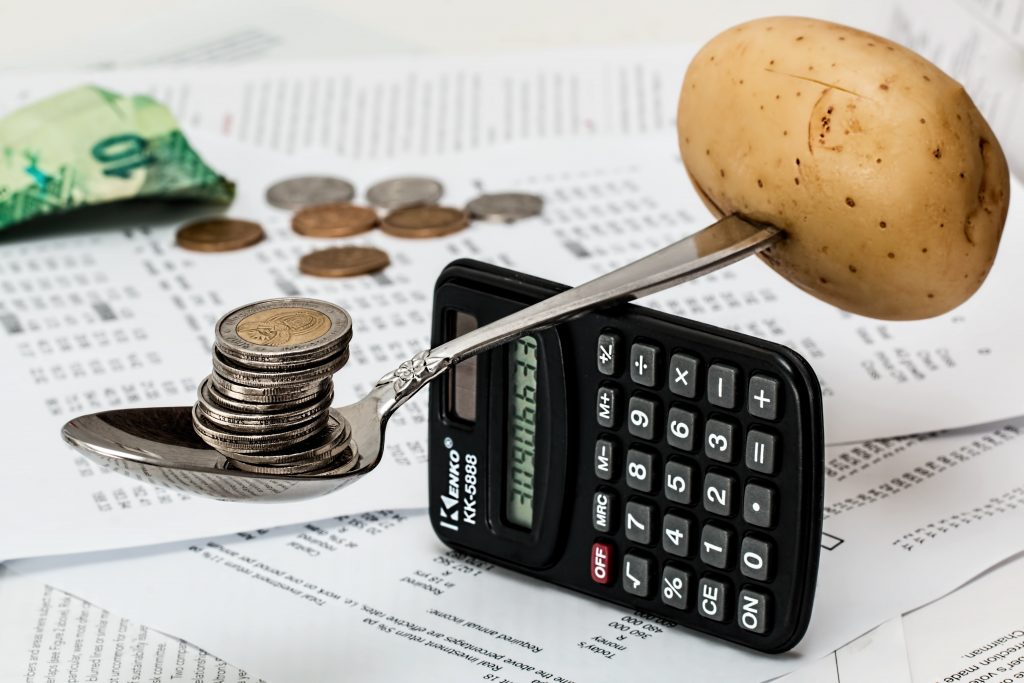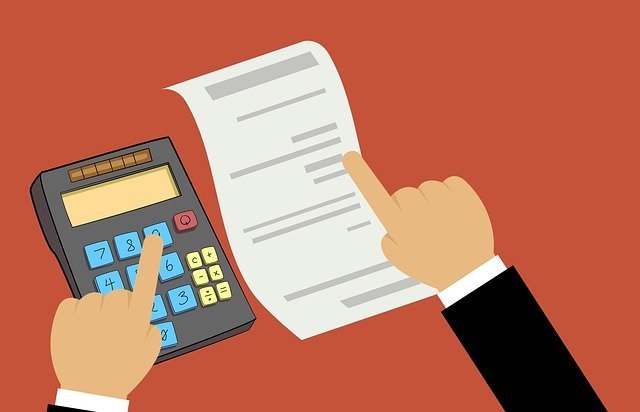Budgeting does need to be scary or hard. A budget is a plan created to manage your money. It should cover any income, as well as any outgoings. This will include regular payments such as bills, as well as payments to your savings and other non-essential purchases.
A budget can be created on a computer programme like an Excel Spreadsheet, or it can be written on paper.
A budget is a great financial tool for anyone, whether you are living at home, or own your own property, as it allows you to track all your income and expenditure. It may also help you recognise where you are over-spending and help you to save money or live more frugally.
You can also include building up your savings in your budget.

Why do you need a budget?
A budget will allow you to ensure that you aren’t spending more than you are earning. It can help prevent getting in to debt, or if you are already struggling financially, help to get out of debt. In your budget you can also build in a regular payment to a savings account to help you put money aside for whatever you might be saving for (holiday, new technology, a house etc.)
It does not need to be a complicated document, but it needs to accurately reflect your current financial position. This may mean you need to regularly update and/or review it. This in turn will ensure that you are always able to afford the essentials, and have money for treats and those non-essential purchases.
Creating a budget
Spending diary
A great place to start with a budget is to make a spending diary for a few weeks (ideally for a minimum of one month to ensure you cover expenses occurred throughout the month). You can do this via a pen and paper, a spreadsheet or even make notes on your phone.
Bank statements
It is important to go through your bank statement when creating a budget as you may not have included items which you pay by direct debit or standing order in your spending diary.
Direct debits and standing orders are automatic payments which you authorise to go out of your bank account regularly for example to pay bills – we will cover this in another module.
Yearly expenses
If there are any expenses which you pay less frequently than once per month, ensure to include them in your budget. These include TV Licence, car insurance etc. You can either add in a separate category for less regular payments, or divide the total you pay by 12 and include it in your monthly totals.
Pulling it all together
Once you have a list of all the income you have for the month, as well as ALL your expenses and spending, you can pull it all together.
If you would like to create an electronic budget, you can use Excel (which you can access as part of your Office 365 Wiltshire student account) or there is a great free budget calculator available via the Money Advice Service.
If you are sticking to pen and paper, all you need to do is add up all your income, separately add up all your expenditure, and then work out the difference between the two numbers.
Total of income – Total of expenditure = monthly surplus
If your monthly surplus is a positive number, then you can decide what you want to do with that monthly amount. You may decide to set up an automated payment to a savings account or ISA (you are less likely to spend it if it is not in your current account).
If your monthly surplus is a negative amount then you need to evaluate what you are spending money on and where you can make savings.

Review your budget
Make sure to regularly review your budget. There may be an expense which you can now cancel, or you may now be paying for something additional. If you have a change in circumstances or your job, you definitely need to go over it.
If you want to find out more about budgeting and general money management you can visit these great websites:
